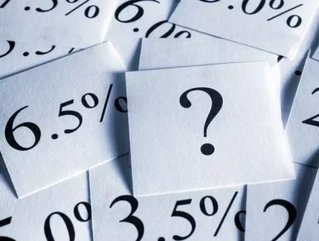Interest Rate Hikes Delayed Due to March Jobs Report

Now that the recent, disappointing U.S. jobs report has shown some weakness in the economy, financial leaders are busy discussing what it means. First and foremost, the jobs report means that the Federal Reserve will not raise interest rates at this time. According to New York Federal Reserve President William Dudley, interviewed in Reuters, it also means that the Federal Reserve must watch that the recent slowdown in jobs is not a sign of a more substantial economic slowdown headed our way.
In addition to a weak jobs report, manufacturing and retail sales have been softer than expected. Dudley attributes these slowdowns to “temporary factors to a degree,” for example, the challenging winter in most of America.
Some business analysts were already anticipating an initial delay in the rising of interest rates. The fact that U.S. job growth slowed down considerably in March only served to reinforce that view.
According to Dudley, who is a permanent member of the Fed’s policy panel and a close ally of Fed Chair Janet Yellen, there are two factors to be considered when deciding when to raise interest rates. First, the labor market must improve. Second, legislators must be reasonably confident that low inflation will return to 2 percent.
Dudley admits that pinpointing when rates will hike is not possible: “The timing of normalization will be data dependent and remains uncertain because the future evolution of the economy cannot be fully anticipated."
He pointed out that the U.S. economy was “quite weak” in the first quarter. There was only a 1 percent GDP growth which should increase to 2 percent by the end of the year. Unemployment, currently at 5.5 percent could move to 5 percent by year’s end. Wages should also increase, Dudley stated.
There are risks to these assessments, however.
Before closing his statements, Dudley added that low oil prices and a decrease in domestic industry activity will impose a “meaningful drag” on U.S. economic activity, while the high dollar will keep pressuring import prices.
Related Story: Seven High-Paying Jobs That Don't Require A College Degree






